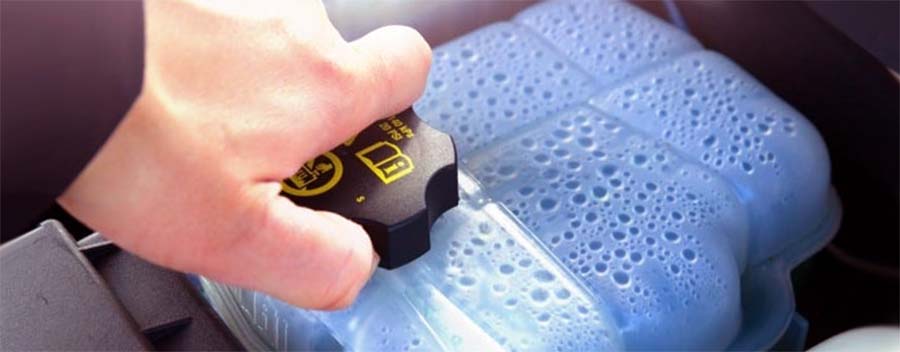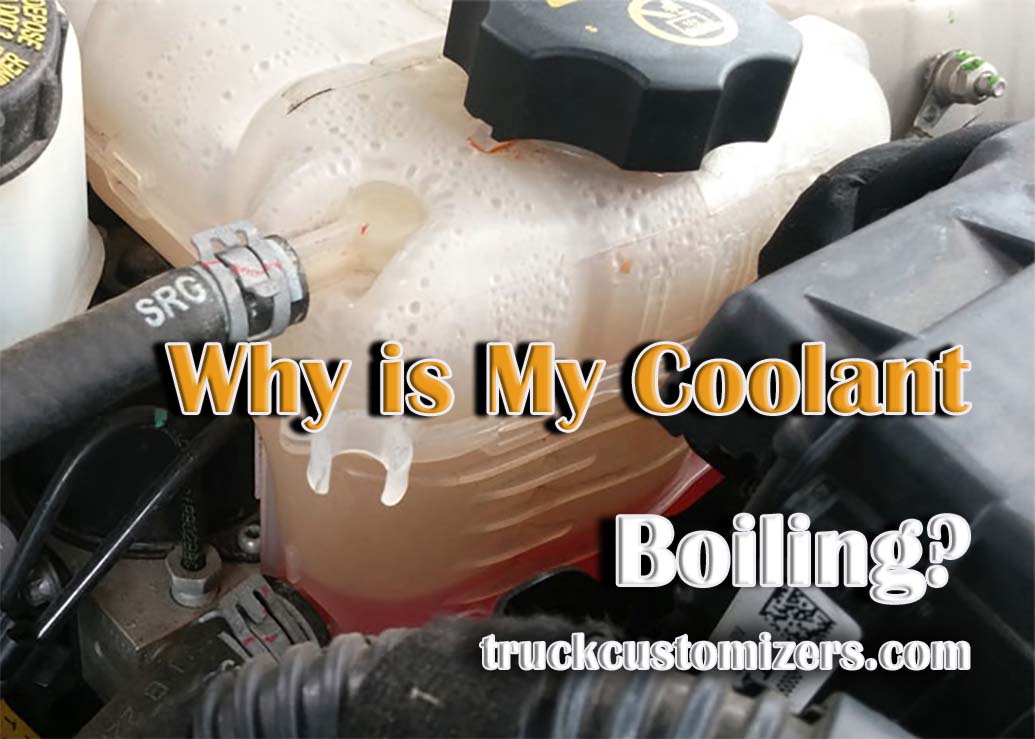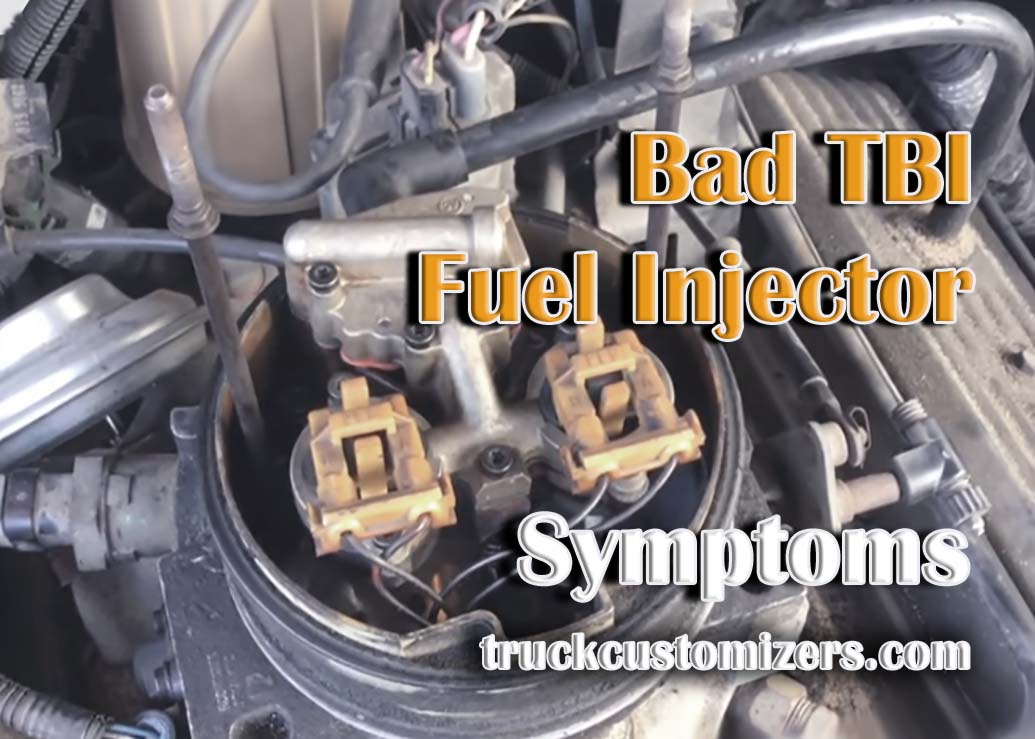Coolant, also known as antifreeze, plays a critical role in regulating your vehicle’s engine temperature. It circulates through the engine, absorbing heat, and then travels to the radiator to dissipate the heat, maintaining optimal engine operating temperatures. However, when your coolant starts boiling, it’s a sign of a potential problem that could lead to engine damage if not addressed promptly. In this article, we will explore common symptoms of boiling coolant, possible causes, and steps to address and prevent the issue.
Recognizing Symptoms of Boiling Coolant
Boiling coolant can manifest in several ways, and it is essential to be aware of these symptoms to address the issue promptly. Overheating is one common sign, as boiling coolant loses its ability to absorb and dissipate heat efficiently. Additionally, you might notice steam or vapor coming from the radiator or coolant reservoir. A sweet, pungent odor may also be noticeable when the coolant boils and escapes the cooling system. Lastly, you might hear unusual noises, such as hissing or gurgling sounds, coming from the engine area when the coolant is boiling, particularly after turning off the vehicle.
Investigating Causes of Boiling Coolant
There are various factors that can contribute to boiling coolant in a vehicle. Insufficient coolant levels can cause the engine to overheat, leading to boiling coolant. A malfunctioning thermostat may prevent the coolant from circulating properly, causing the engine to overheat. Additionally, radiator issues such as clogging or damage can impede coolant flow and heat dissipation, resulting in boiling coolant. Cooling fan problems and water pump failures can also lead to boiling coolant by hindering the cooling system’s efficiency.
Addressing Boiling Coolant Issues
If you notice signs of boiling coolant in your vehicle, it is essential to address the issue promptly to prevent further engine damage. Start by checking the coolant level and topping it off if necessary. If the problem persists, inspect the various components of the cooling system for any signs of malfunction or damage. It is recommended to consult a professional mechanic for diagnosis and repair, as they can pinpoint the exact cause of the issue and provide appropriate solutions.

Maintaining a Healthy Cooling System
To minimize the risk of boiling coolant in your vehicle, it is crucial to maintain a healthy cooling system. Regularly checking the coolant level and topping it off as needed can help ensure your engine remains cool. Inspecting the cooling system components, such as the thermostat, radiator, cooling fan, and water pump, for any signs of wear or damage can also help prevent issues. Scheduling routine cooling system maintenance, such as flushing and replacing the coolant, will ensure optimal performance. Finally, monitoring your vehicle’s temperature gauge and addressing any signs of overheating promptly can help you avoid boiling coolant issues.
Conclusion: Safeguarding Your Vehicle from Boiling Coolant Issues
Understanding the reasons behind boiling coolant and recognizing the symptoms can help you address potential issues promptly and protect your engine from damage. Regular maintenance of your vehicle’s cooling system is essential to ensure its optimal performance and prevent boiling coolant problems. By being proactive and attentive to your vehicle’s cooling system, you can safeguard your engine and ensure a smooth and reliable driving experience.
Knowing the potential causes of boiling coolant, such as low coolant levels, faulty thermostats, radiator issues, cooling fan problems, and water pump failures, allows you to identify and resolve any underlying problems effectively. By addressing these causes and implementing preventative measures, you can extend the life of your cooling system and maintain your vehicle’s overall health.
In conclusion, a well-maintained cooling system is vital for your vehicle’s performance and longevity. By being vigilant and proactive in monitoring and maintaining your vehicle’s cooling system, you can prevent boiling coolant issues and ensure that your engine operates efficiently and safely. Stay informed, stay prepared, and enjoy a smooth ride, knowing that you are safeguarding your vehicle from potential boiling coolant problems.



